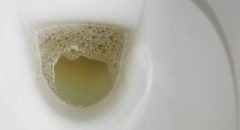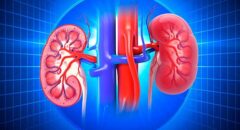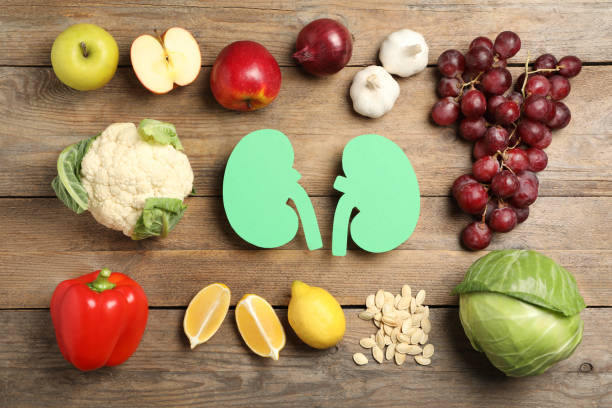
Your kidneys play an important role in keeping you healthy so a lot can go wrong when they aren’t functioning properly. Apart from not removing waste well, damaged kidneys also won’t regulate the minerals in your body efficiently. These minerals such as sodium, potassium, phosphorous, and potassium can cause health issues if they’re off-balance so that’s why you have to be careful with your diet.
15 Foods Your Damaged Kidneys Can’t Handle
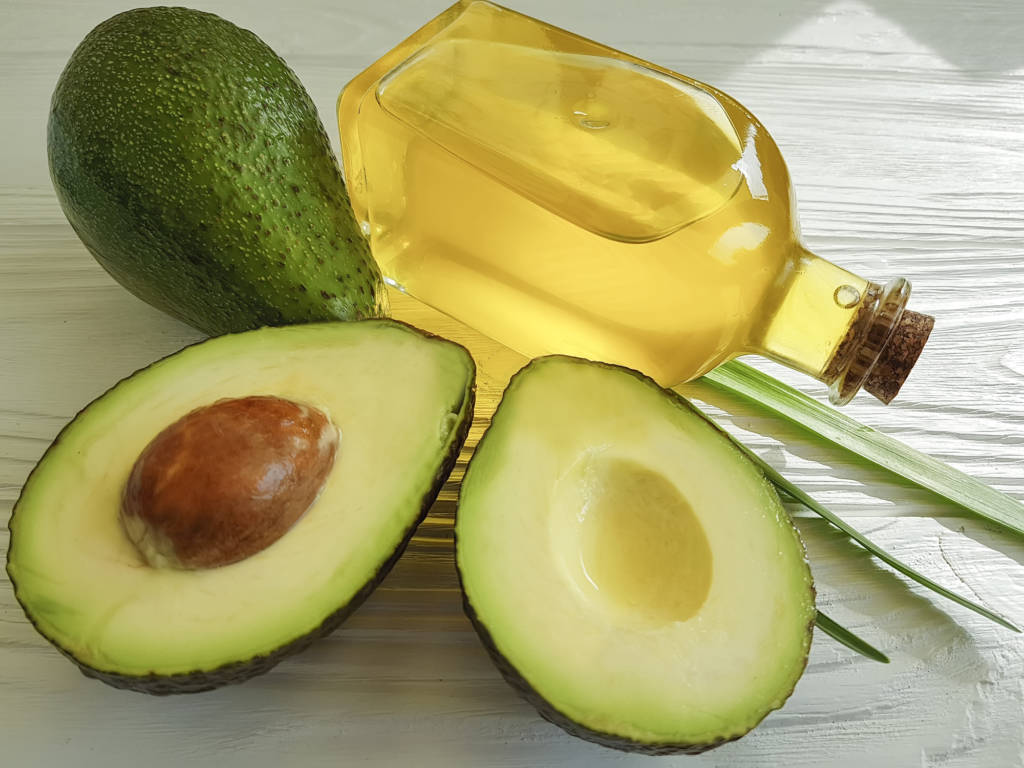
1. Avocados
Avocados might be a great source of healthy fats but they’re also full of potassium, which you need to avoid when you have kidney problems. At most, you may be able to have a fourth of an average-sized avocado occasionally.
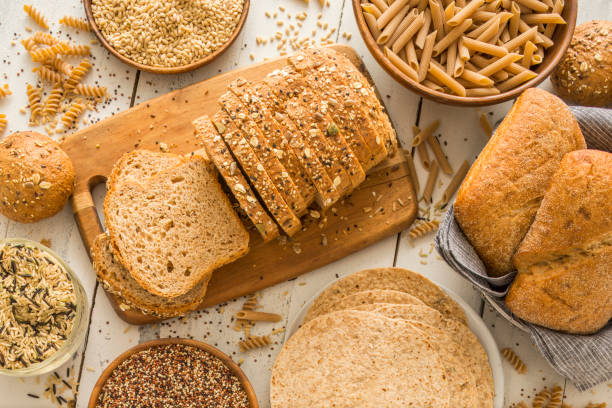
2. Whole grains
Normally, doctors recommend whole grains for a healthy diet because they haven’t been stripped of their natural nutrients. Unfortunately, that also means that whole grains contain a lot more potassium and phosphorous than refined ones. That’s why it’s better for you to eat white bread, white rice, and refined pasta.

3. Bananas
Bananas are well known for being a great source of potassium. If you’re used to eating a banana every day, talk to your doctor about alternatives.
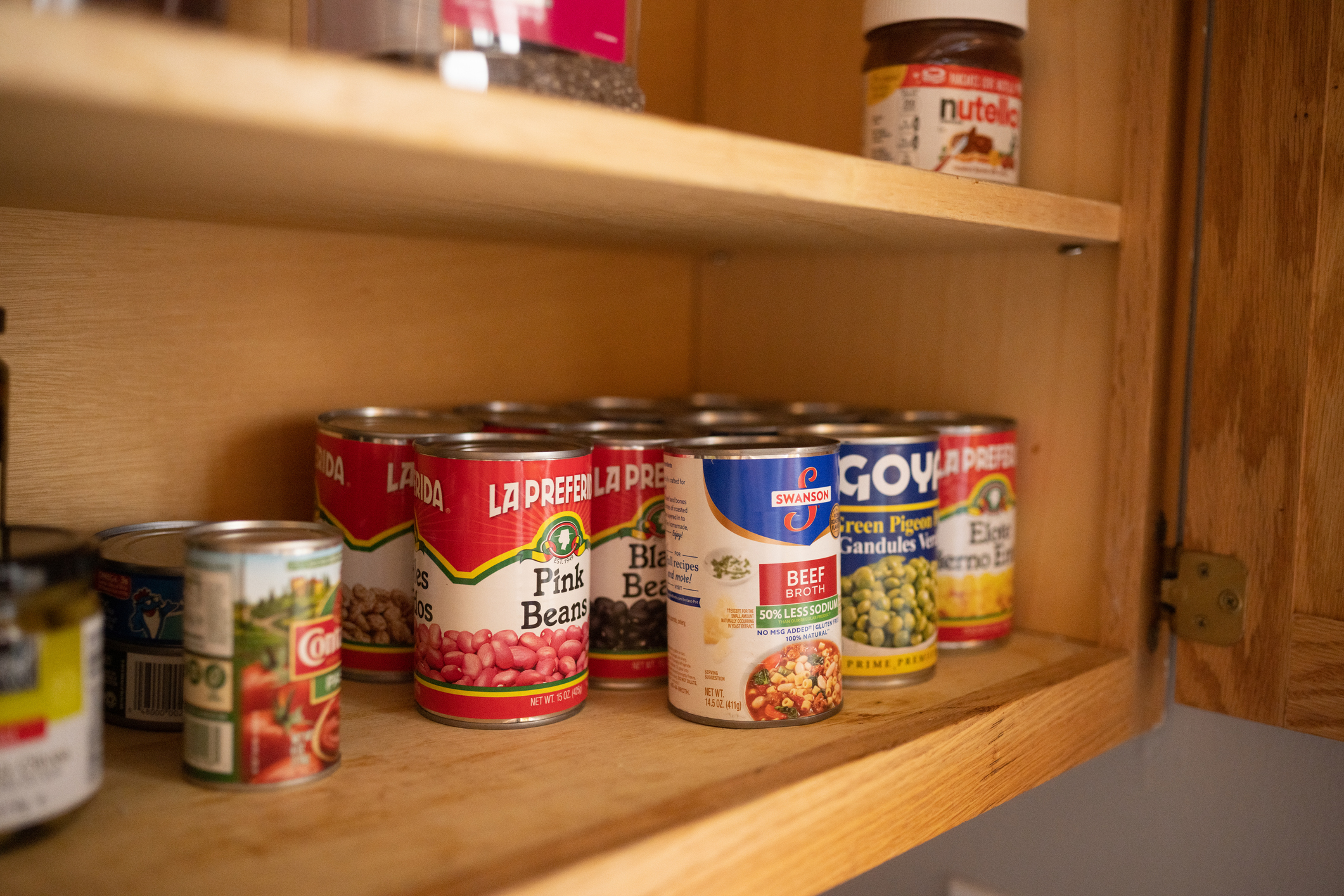
4. Canned Foods
Though canned foods are convenient, they come at a health cost. These foods are usually filled with salt as a form of preservative. Based on the level of sodium that’s in canned foods, it’s best for you to avoid them and stick with fresh ones instead.

RELATED: This Everyday Ingredient is Putting your Kidneys at Risk
5. Oranges
A lot of people have oranges because of their high vitamin C content. Unfortunately, they’re also a significant source of potassium. Consider eating pineapples, grapes, and apples as substitutes.
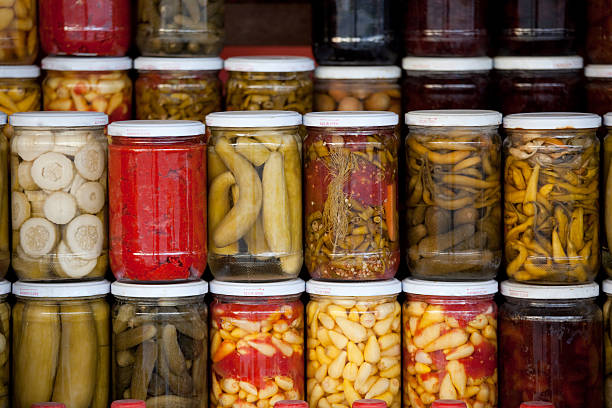
6. Pickled Foods
Pickling is another form of preservation. It entails fermentation and the use of a lot of salt. As you might expect, this would result in a high sodium content. It’s best to avoid them.

7. Tomatoes
Tomatoes have a lot of health benefits but they also contain a high level of potassium. Since tomatoes are used in a lot of sauces, it’s a good idea to find alternatives. Red pepper sauce is one example.
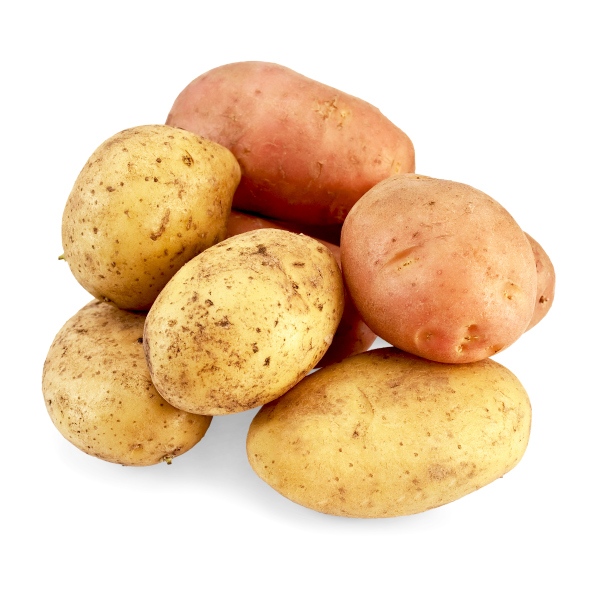
8. Potatoes
Since potatoes contain a lot of potassium, it’s best to cut them out of your diet unless otherwise stated by your doctor.

9. Nuts
Though nuts are considered to be a healthy snack for most people, they contain too much potassium and phosphorous for those with kidney issues. You’ll be better off snacking on a few choice fruits or vegetables.

10. Beans
Though studies show that beans can be a good source of plant protein for those with kidney disease, they also have large quantities of potassium and phosphorous. Since a small amount of beans in your diet might be beneficial, you should talk to your doctor.
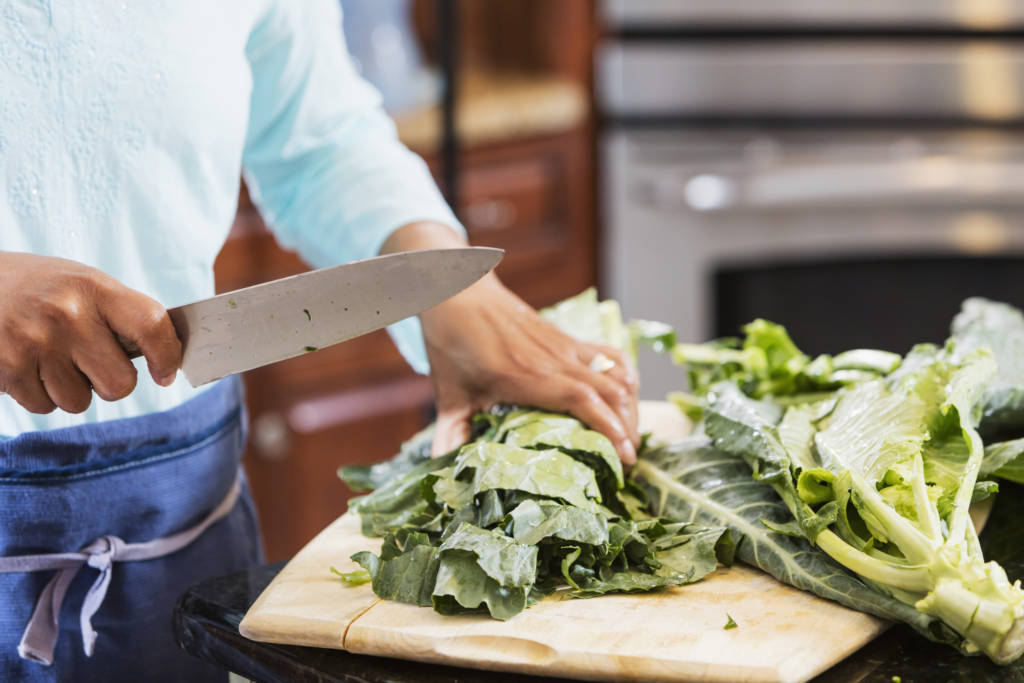
11. Leafy Green Vegetables
Leafy greens like Swiss chard, spinach, and beet greens usually contain high amounts of potassium. However, avoiding these will mean finding different sources of iron.

12. Processed Meats
Processed meats are usually preserved in a variety of ways, including salt-based curing. As a result, they’re too high in sodium for those with kidney issues.

13. Dark Sodas
Typically, dark sodas contain a high amount of phosphorous. It’s best to remove these from your diet.
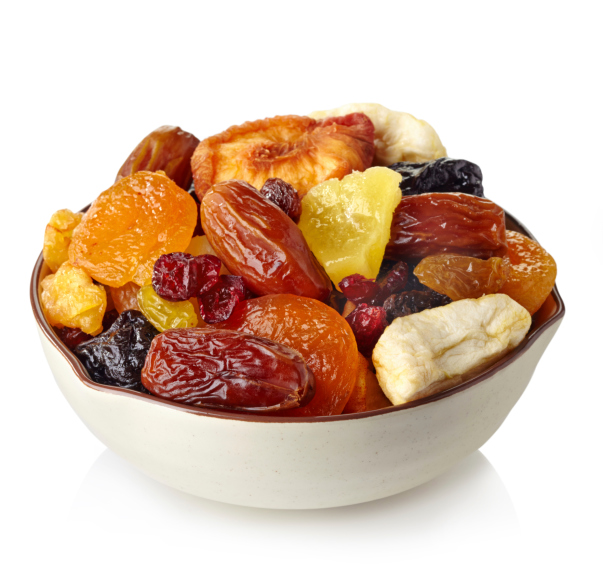
14. Dried Fruits
Many people opt for dried fruits as snacks or as part of their breakfast. If you have kidney problems, however, they have too much potassium for you. Those high levels occur because drying concentrates all their nutrients.
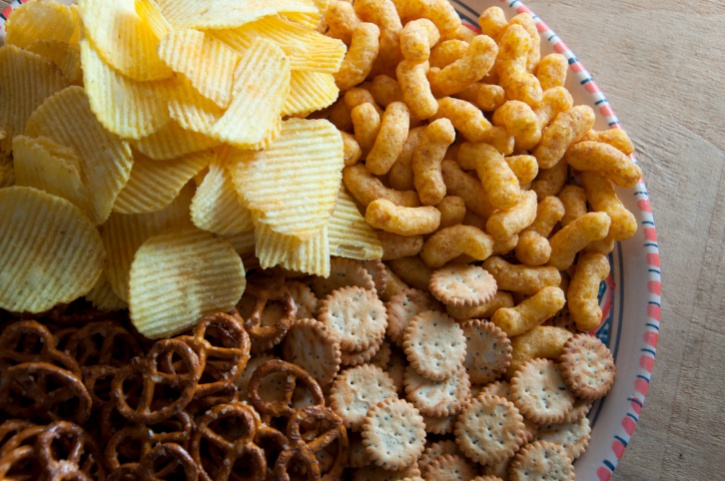
15. Ready-To-Eat Snacks
Most ready-to-eat snacks like pretzels, crackers, and chips contain too much salt for you. You’ll be healthier if you find better snack options.
RELATED: 3 Great Kidney Friendly Dinner Recipes
How To Get The Nutrients You Need
As a consequence of cutting out certain foods, your diet might be lacking in certain nutrients. The first place to start is having a talk with your doctor or nutritionist about what you need. It’s possible that you’ll be able to eat certain foods in moderation or if prepared in a particular way.
For example, though people with kidney damage are usually advised to avoid potatoes, some of them are able to eat them if the skin is removed and they’re soaked in water before boiling.
Finally, it’s common for those with compromised kidneys to take supplements for calcium, iron, and other nutrients. If you opt for this route, it’s essential to consult with your doctor as not all supplements will be good for your kidneys.
When you’re diagnosed with kidney problems, several things about your life will change. One of those things will be your diet. As you’re maneuvering your new eating habits, it’s important to talk to your doctor about what you can eat and how to get all the nutrients you need to stay healthy.






